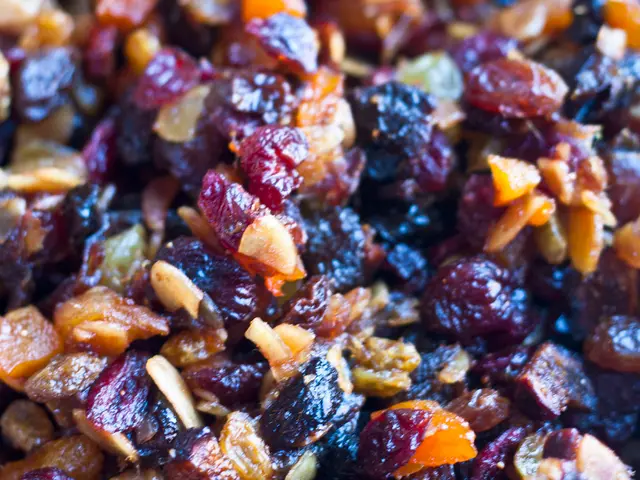High-Fat Diets Linked to Memory Loss and Alzheimer's Risk
Recent studies emphasize the significance of comprehending fat intake, particularly with the surge in vegan convenience foods. While certain fats offer benefits, excessive consumption can result in health hazards.
Government guidelines suggest restricting total fat intake to 35 percent of daily calories. Saturated fats, present in butter and cheese, should not surpass 10 percent. A single dash of oil or butter contains approximately 1.3g of fat. Coconut oil, favored in vegan products, is rich in saturated fat, with a single tablespoon holding 12g. Even 'good' fats like those in olive oil and nuts contribute nine calories per gram, potentially contributing to weight gain when overconsumed.
Research demonstrates the alarming effects of high-fat diets. A University of North Carolina study found that mice's memory could be 'rewired' in just four days on a high-fat diet. A study by the University of Rovira i Virgili linked a 60 percent fat diet over six months to an increased risk of Alzheimer's in mice.
Understanding and monitoring fat intake is vital. Inspect labels, particularly in vegan convenience foods, to avoid excessive saturated fats. Balance your diet with a variety of whole foods, keeping total fat intake below 35 percent and saturated fats below 10 percent. Even 'good' fats should be consumed thoughtfully to prevent excess calorie intake.
Read also:
- Mark Cuban Invests in Ready Set Food, Backing Allergen-Friendly Baby Formulas
- Canada's Online Entertainment Sector Booms, Provinces Step Up Regulation
- University Seeks Data-Driven Corporate Communication Lecturer
- Actively Black's Lanny Smith Declares NYFW Show 'Not a Fashion Show', but a Civil Rights Tribute






